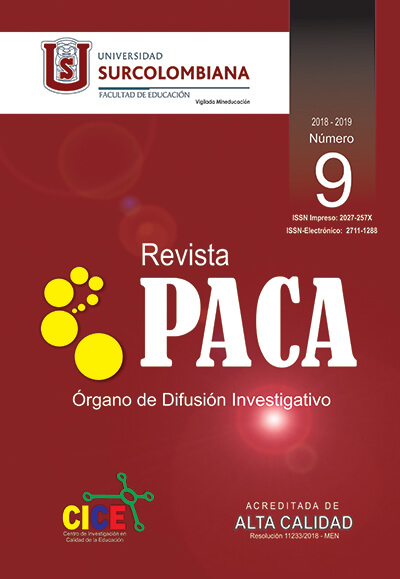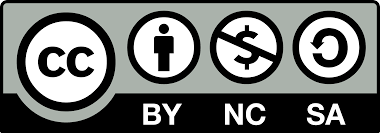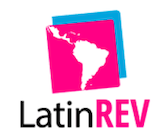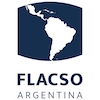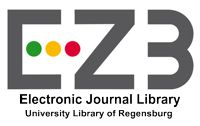Proposal for redefinition of the professional profile of the social communicator of the surcolombian university from the identification of problems and demands of the environment
##plugins.themes.bootstrap3.article.main##
The Social Communication and Journalism program of the Universidad Surcolombiana founded in Neiva in 1995 -has received two High Quality Accreditations-, today it advances in a Curriculum Reform process that has committed the teaching group and other actors of the academic community. The curricular reform has been assumed as a systematic research process, based on the identification of the relevant problems of the environment at various levels, which are considered guiding elements to define the adjustments to the professional profile of the communicator that is to be formed. This presentation will give the proposal to redefine the professional profile of the Social Communicator of the Usco that has been agreed by the teaching group of the program, taking into account the transformations of the communication environment, both globally and locally, the demands and needs that arise of civil society and the labor market in the department of Huila and the South- Colombian region, as well as the main trends in the field of communication and culture research and the field of professional training of communicators. The proposal to adjust the professional profile of the communicator emphasizes the urgency of consolidating a training of students in capacities as mediators and specialists in managing the sociocultural meeting and public dialogue. Strengthening the identity of the Communicator as a professional and as a social scientist is a possible task based on a relevant, comprehensive and at the same time flexible curriculum.
Downloads
##plugins.themes.bootstrap3.article.details##
Castells, M. (2009). Comunicación y poder. Madrid: Alianza Editorial.
Consejo Superior Universitario. Proyecto Educativo Universitario (PEU) Universidad Surcolombiana, Pub. L. No. Acuerdo 010 de 2016, 11 (2016). Colombia.
Jenkins, H. (2008). Convergence culture. La cultura de la convergencia de los medios de comunicación. Barcelona: Paidós.
Lévy, P. (2011). Cibercultura. La cultura en la sociedad digital. Barcelona: Anthropos, Universidad Autónoma Metropolitana.
López Jiménez, N. E. (2001). La de-construcción curricular. Bogotá: Cooperativa Editorial Magisterio.
López Jiménez, N. E. (2002). Retos para la construcción curricular. De la certeza al paradigma de la incertidumbre creativa. Bogotá: Cooperativa Editorial Magisterio.
Martín-Barbero, J. (2005). Los oficios del comunicador. Co-Herencia, 2(2), 139–143. Recuperado de http://publicaciones.eafit.edu.co/index.php/co-herencia/article/view/621/550
Martín-Barbero, J. (2016). Cuando lo que importa es la comunicación que construye la gente. En Avatares del comunicador complejo y fluido. Del perfil del comunicador social y otros devenires. (p. 214). Quito: Ediciones Ciespal.
Massoni, S. (2007). Estrategias. Los desafíos de la comunicación en un mundo fluido. Rosario: Homo Sapiens Ediciones.
Massoni, S. (2016a). Avatares del comunicador fluido y complejo. Del perfil del comunicador social y otros devenires. Quito: Ediciones Ciespal.
Scolari, C. (2008). Hipermediaciones. Elementos para una Teoría de la Comunicación Digital Interactiva. Editorial Gedisa, S.A.
Uranga, W. (2016). Conocer, transformar, comunicar. Ciudad Autónoma de Buenos Aires: Patria Grande.


